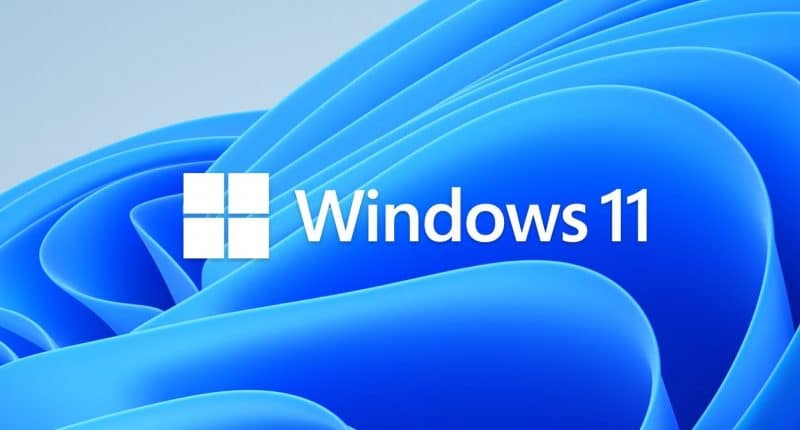Windows 11 has surpassed Windows 10 to become the most widely used desktop operating system (OS) in the world. According to the latest data from StatCounter in July 2025, Windows 11 now holds around 52% of the Windows market share, while Windows 10 has dropped to about 44%. This is the first time Windows 11 has taken the lead since its launch in 2021, ending nearly a decade of dominance by Windows 10.
This comes as Microsoft is aggressively focusing on making Windows 11 more modern and secure. The operating system now includes built-in AI features like Copilot, improved privacy controls, better accessibility options, and more frequent system updates. With these changes, the company is clearly positioning Windows 11 as its long-term platform, aiming to fully replace Windows 10 for both home users and businesses.
Additionally, support for Windows 10 is ending soon (the final end-of-support date set for October 14, 2025). After this deadline, the company will stop providing free security updates, technical support, and software improvements for the operating system. Although Windows 10 will still run, it will become increasingly vulnerable to security risks without ongoing updates.
Despite its widespread adoption today, Windows 11 faced slow adoption in the beginning. Many users were hesitant to upgrade due to its strict hardware requirements. Unlike Windows 10, which was compatible with most older PCs, Windows 11 required newer processors, TPM 2.0 (Trusted Platform Module), Secure Boot, and other advanced security features. As a result, in 2022, Windows 11 held less than 10% of the market share.
However, more people started using it gradually over time. By 2023, Windows 11’s market share grew to around 28%, and by 2024, it had reached over 36%. Even to further speed up the transition, the Satya Nadella-led company began encouraging users to upgrade in several ways. It offered free extra security updates for Windows 10 users who signed in with a Microsoft account and backed up their files using OneDrive. The company also used system notifications and upgrade reminders within Windows 10 to push users toward switching to Windows 11.
Windows 11 also gained popularity in the gaming community. By late 2024, it became the most used version of Windows on the Steam gaming platform. New gaming laptops and PCs now come with Windows 11 pre-installed, which further helps drive up its usage. Even features like improved support for DirectX 12, AutoHDR, and DirectStorage have made Windows 11 more attractive to gamers.
But Microsoft’s efforts toward advancing its desktop operating system have not been free from controversy. For example, the company’s new ‘Recall’ feature (which tracks screen activity to create a searchable timeline) has sparked widespread privacy concerns. Many users fear it functions like built-in surveillance, raising questions about data safety.
The Tech Portal is published by Blue Box Media Private Limited. Our investors have no influence over our reporting. Read our full Ownership and Funding Disclosure →






